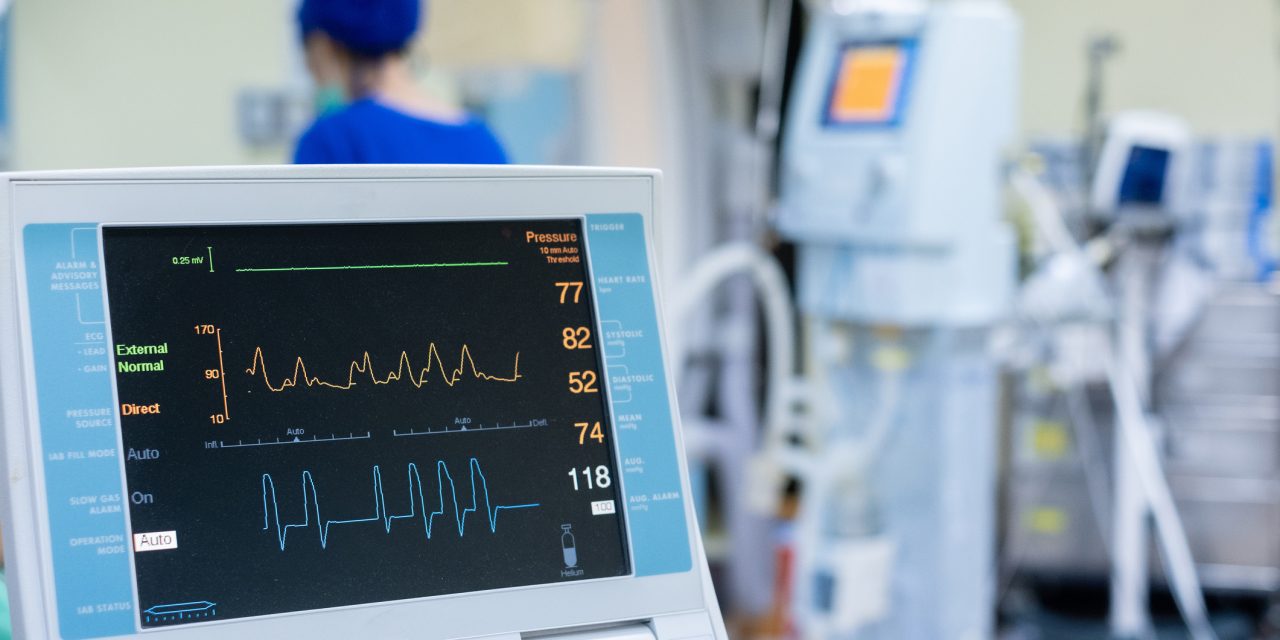This research aimed to study the impact of early parent participation program (EPPP) for preterm infants in neonatal intensive care unit (NICU) on physiological instability, breastmilk feeding rates, and discharge timing.
Families of 147 infants born between 28 and 33 weeks’ gestation were randomized at birth to EPPP group or conventional care (CC). Families in the EPPP group were trained soon after admission by using a structured education program and encouraged to spend more time with their baby. Soon after enrolment (day of life 1 to 2), they would sequentially participate in daily NICU care processes such as orogastric tube feeding, nesting, oil massages, diaper changes, and daily weight checks. Families in the CC group would undergo the same after their infant was off parenteral nutrition and respiratory support. Proportion of infants having physiological instability (significant apnea, feeding intolerance, or needing investigation for sepsis) in two groups was compared.
There was a significant reduction in the proportion of infants with physiological instability (feeding intolerance) in the EPPP group (relative risk = 0.70 [0.52-0.94], = 0.016). Infants in EPPP group had a trend toward higher breastmilk feeding rates at discharge (66 vs. 51%, = 0.076).
Very early parent participation was feasible in the NICU and led to decrease in physiological instability in preterm infants.
· Family-integrated care is beneficial; however, it is often started later in the NICU course.. · This trial showed that very early involvement of family in NICU care processes is feasible and safe.. · Structured parent participation started very early improves physiological stability in preterm infants (mainly tolerance to feeds)..
Thieme. All rights reserved.
Effect of Early Parent Participation Program on Physiological Stability in Preterm Infants: A Randomized Controlled Trial.


